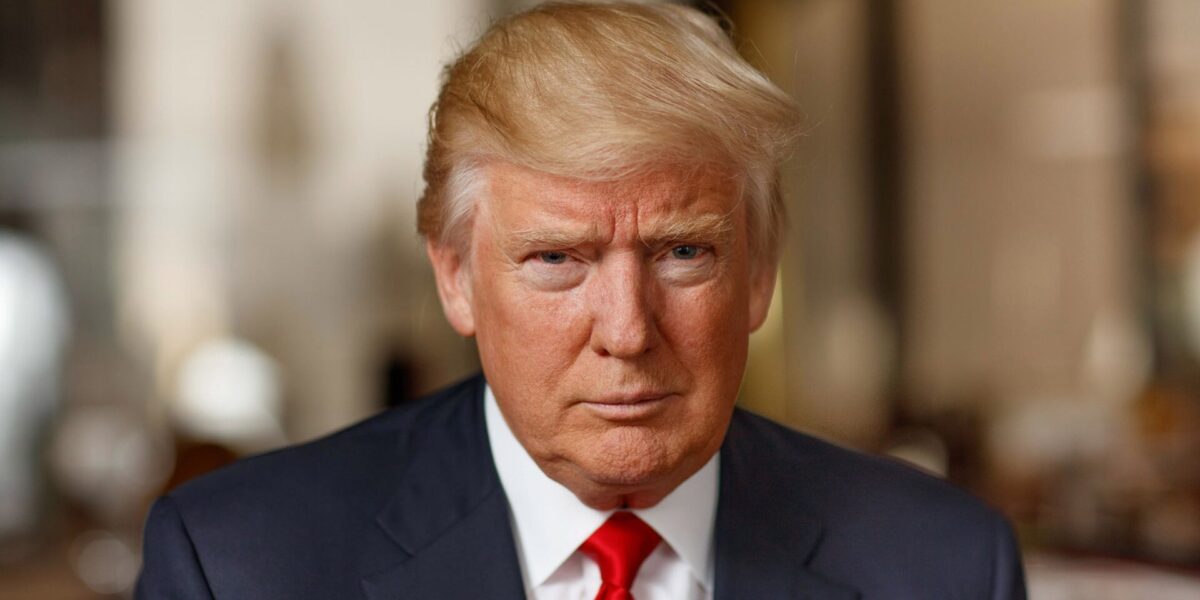Introduction
As the 2024 presidential election draws near, former President Donald Trump has unveiled his short list of potential running mates, with Senator Tim Scott (R-SC) emerging as a prominent figure. Should Scott accept the nomination, his departure from the Senate would trigger a series of complex legal and political maneuvers. This article will delve into the ramifications of Scott’s potential exit from the Senate, exploring the implications for both his party and the nation.
Legal Framework
Under the United States Constitution, Article I, Section 3, Clause 2, a vacancy in the Senate must be filled by gubernatorial appointment until a special election can be held. The 17th Amendment further stipulates that the vacancy must be filled “within a reasonable time after said vacancy occurs.”
Scenario 1: Scott Accepts VP Nomination
In the event that Scott accepts Trump’s vice presidential nomination, he would be required to resign from the Senate. Governor Henry McMaster (R-SC) would then have the authority to appoint a temporary replacement until a special election could be held.
Political Dynamics
The appointment of a temporary replacement would likely spark political maneuvering within the Republican Party. Speculation has already surfaced regarding potential candidates, including Congressman Jeff Duncan (R-SC), former Governor Nikki Haley (R-SC), and businesswoman Linda McMahon (R-CT).
The special election to fill the remainder of Scott’s term would be highly contested, with both Republicans and Democrats vying for the seat. The outcome could have significant implications for the balance of power in the Senate, where Republicans currently hold a slim majority.

Impact on the Senate
Scott’s departure from the Senate would leave a void in the Republican caucus. He is a rising star within the party, known for his charisma, conservative views, and bipartisan outreach. His absence would weaken the Republican leadership and potentially make it more difficult for the party to pass legislation.
Moreover, Scott’s exit would disrupt the delicate balance of power in the Senate. The loss of his vote could make it more difficult for Republicans to control the agenda and block Democratic initiatives. The Democrats could seize this opportunity to advance their own agenda, potentially leading to legislative gridlock.
Scenario 2: Scott Declines VP Nomination
Should Scott decline Trump’s offer, he would remain in the Senate and retain his position as the only Black Republican serving in the chamber. His decision would be a major blow to Trump’s campaign and could potentially alienate Black voters who have shown support for Scott in the past.
Political Considerations
Scott’s decision to decline the VP nomination would undoubtedly have political implications. It would signal his commitment to serving the state of South Carolina and could boost his chances of reelection in 2026. Moreover, it would position Scott as a potential future contender for the presidency.
Impact on the Republican Party
Scott’s decision to decline the VP nomination would benefit the Republican Party by keeping him in the Senate. His presence would strengthen the GOP caucus and potentially increase the party’s chances of maintaining control of the chamber in the 2024 elections.
However, Scott’s decision could also exacerbate the ongoing divisions within the Republican Party. Trump supporters may view his decision as a betrayal, while moderate Republicans may welcome it as a sign of independence. The long-term consequences for party unity are uncertain.
Conclusion
Tim Scott’s inclusion on Trump’s VP short list has ignited speculation about his potential departure from the Senate. Should he accept the nomination, the ensuing political and legal maneuvers would have significant implications for the balance of power in the chamber and the Republican Party’s electoral prospects.
If Scott declines the offer, he would remain a pivotal figure in the Senate and a potential future leader. However, his decision could also widen the fissures within the Republican Party and impact its overall strategy in the upcoming election. The ultimate outcome of this political chess game remains to be seen as the 2024 election draws nearer.










